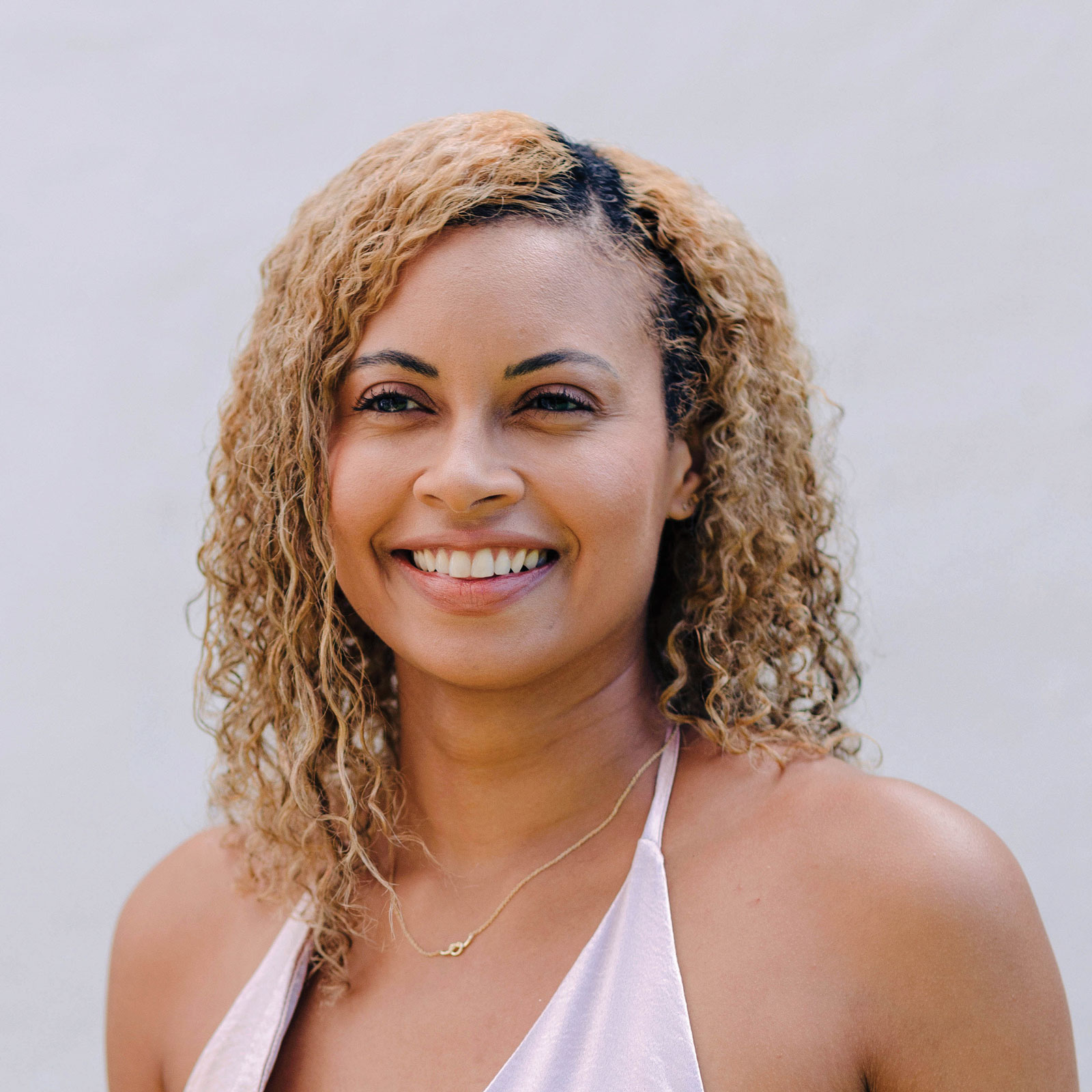
Senior Governance and Privacy Attorney, and Chief Diversity & Inclusion Officer at BeesMont Law Limited
What advice would you give to a girl graduating from Williston today?
Embarking on your next chapter after Williston can be daunting and exciting all at once!
Seek out new mentors and keep in touch with your teachers and classmates from Williston. These individuals can provide you with support, encouragement and inspiration. Remember to keep your own value and belief systems in sight and give yourself opportunities to challenge them.
Think about how you currently define “success” and re-visit this definition from time to time. You will encounter individuals who have succeeded with their academic ambitions, professional careers and family life. They make be able to provide mentorship in certain stages of your life however do not allow the success that they have achieved to lead you to believing that there is only one path for success. You are enough. It is always possible to success based on the attributes that you bring to the table, which should include a willingness to adapt and learn. During some stages, you will feel pressure to conform – identify when you feel this pressure and consider whether conforming will truly support your aspirations. Allow yourself the space to change your mind and grow as an individual and allow others the same latitude. In time, you will start to develop your own definition of “leadership.”
Tell us about a woman who is your hero—or “she-ro!”—and why?
This question assumes that the leader selected by alumni identifies as a “she”. I think it would be better to simply focus individuals who are seen as leaders by the alumni member and ask them to provide an explanation for their choice.
When I was at Williston, I joined the LGBTQ+ club in my freshman year because, coming from Bermuda, I did not know any individuals who identified as LGBTQ+ and I thought there was value in learning about other perspectives on sexuality and experiencing life. I did not think it was an unusual decision to make at all. After I joined, however, a number of the other freshman girls questioned my decision to join. They thought it was a “weird” choice because I did not personally identify as being a member of the LGBTQ+ community.
Notwithstanding their views, I was and remain grateful that Williston had a LGBTQ+ group that I could join—I learnt a lot by listening and realised that I had many things in common with individuals in the club, some of which were considered to be outcasts or invisible at the school. It was also at Williston that I had my first friendship with another person who had a distinctly female name but identified as “he.” He was funny, and clever and spoke multiple languages while I struggled to get a “C” in French class. He lived directly across from me in JDubb and we shared snacks and jokes. He was kind and played Legos with my little brother when my family came to visit. After freshman year, I would hang out with him and his girlfriend. He taught me to see the humanity in each person and to also see that each person has the capacity to be a leader.
All this to say, that during my time at Williston, it was those classmates and teachers who were from the LGBTQ+ community that has the greatest impact on my concept of leadership. They showed me new possibilities for life and the ability to act with compassion, kindness and joy—despite challenges and negativity from others. They are my heroes.
I hope that in the future, Williston will consider the impact of its wording on questions to alumni and students and recognise that, as an educational institution, it has a role to play in ensuring that LGBTQ+ leadership is visible, and treated as legitimate and of value to everyone. As Alexis Pauline Gumbs wrote, queer “does not reproduce the status quo,” and as far as I am concerned, Williston is not endeavoring to maintain the status quo but rather encourage students to challenge it.
I would conclude this response by reflecting on a statement by Zena Sharman:
“If we’re seeking to transform the status quo, we need to begin by understanding what it looks and feels like. In many settings, such as the formal hierarchy of a medical school, a hospital or a university, how leadership is practiced both individually and institutionally is entangled with homophobia, biphobia, transphobia, racism, sexism, ableism and other forms of oppression. Many of us are learning, training and working in environments that harm us and our communities and that limit our capacity to fully express our identities.”
“What would it look like to practice leadership in ways that enable all of us to thrive? How will it require us to transform our leadership practices to better reflect the world we are working to build?…I want us to create space for forms of leadership that are expansive, robust and supportive enough to hold and honour the diversity of our lives, identities, experiences and ways of leading.”
